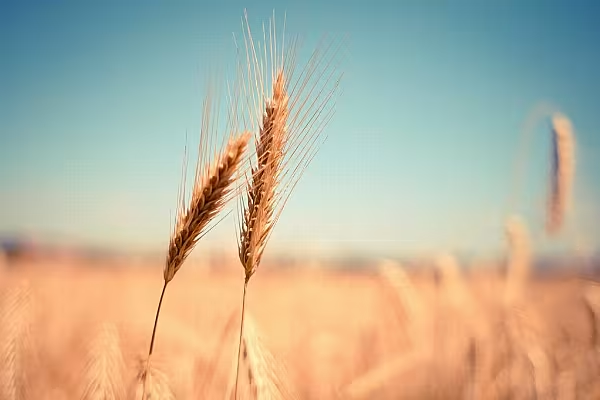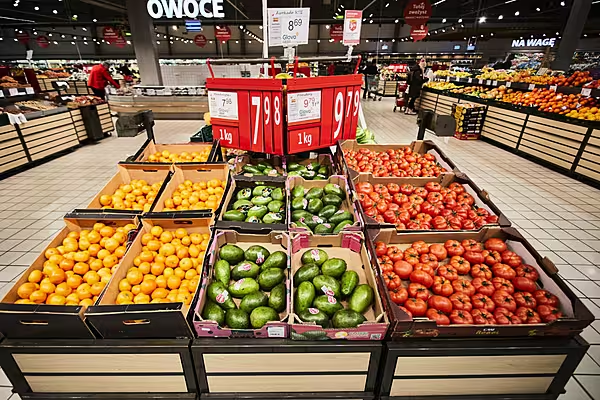Ukrainian President Volodymyr Zelenskiy said he was grateful to Bulgaria for not extending restrictions on Ukrainian grain exports from 15 September.
"I thank (Prime Minister) Nikolai Denkov and his team, as well as Bulgarian parliamentarians who supported this move. Bulgaria sets an example of true solidarity," Zelenskiy said on the X social media platform.
I am grateful to Bulgaria for its decision not to prolong restrictions on Ukraine’s agricultural exports after September 15th.
I thank PM Nikolai Denkov and his team, as well as Bulgarian parliamentarians who supported this move.
Bulgaria sets an example of true solidarity.
— Volodymyr Zelenskyy / Володимир Зеленський (@ZelenskyyUa) September 14, 2023
Restrictions imposed by the European Union in May allowed Poland, Bulgaria, Hungary, Romania and Slovakia to ban domestic sales of Ukrainian wheat, maize, rapeseed and sunflower seeds, while permitting transit of such cargoes for export elsewhere.
The restrictions, designed to ease excess supply, are due to expire on 15 September (Friday).
The Bulgarian National Assembly on Thursday voted to scrap the ban on imports of certain Ukrainian products.
The resolution it approved declares that taking into consideration Bulgaria's "solidarity with Ukraine", Sofia does not support extending the ban beyond 15 September.
The documents stated that lifting the ban would not put at risk the competitiveness of Bulgarian agricultural producers.
Export Restrictions
Poland, which holds a parliamentary election on 15 October and says cheaper Ukrainian grain makes domestic production unprofitable, has said it will not lift its ban even if the EU does not extend the arrangement this week.
Slovakia's government has also said it will uphold the ban and Hungary looks set to do the same.
Kyiv has said it could seek international arbitration over the restrictions on its grain exports.
Before Russia's war in Ukraine, eastern European countries were not among the main importers of Ukrainian grain, but the export of Ukrainian grains and oilseeds to Poland and Romania rose sharply last year, Ukrainian customs data showed.











